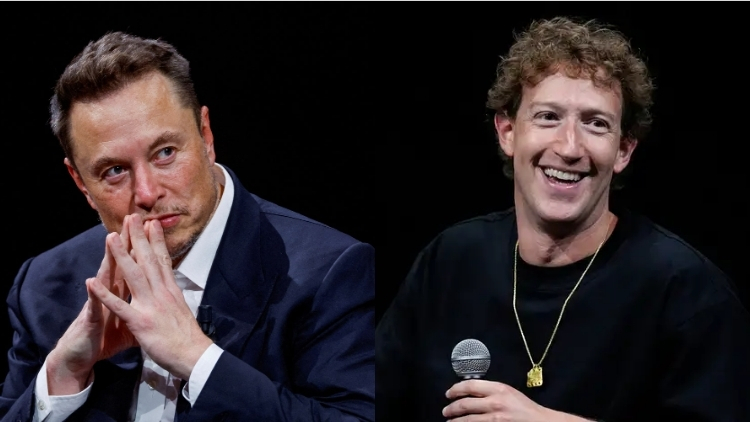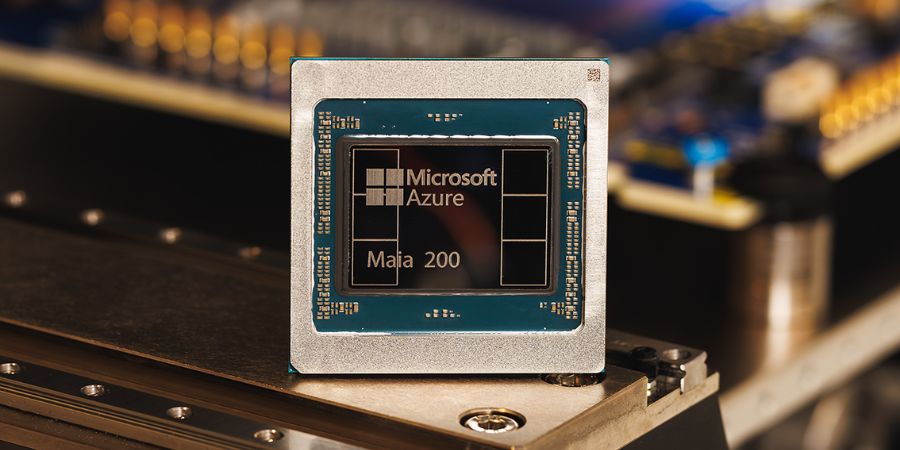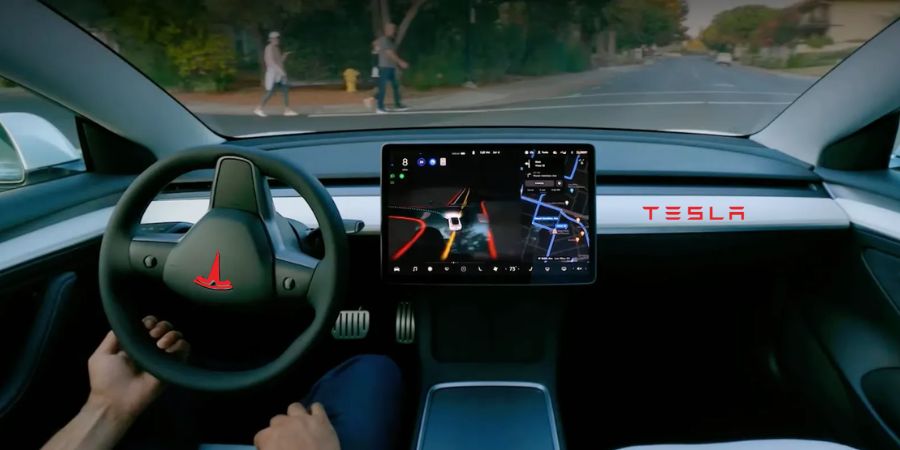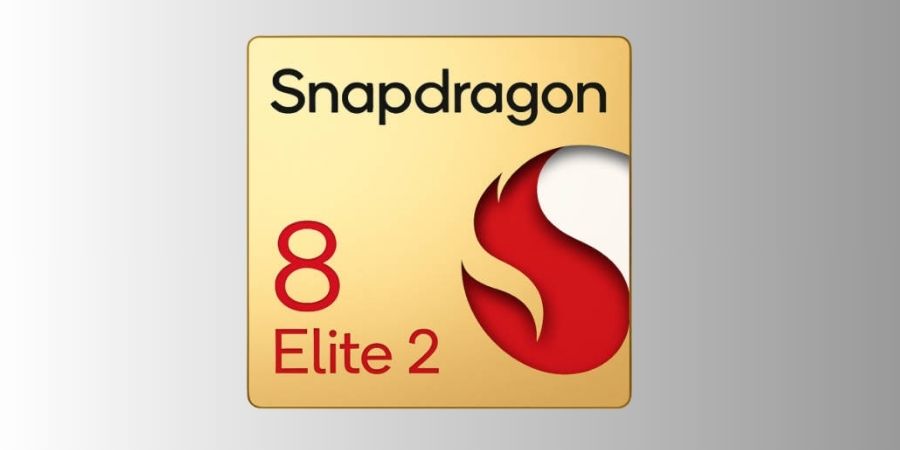In a surprising twist that reads like a tech‑thriller, Elon Musk quietly tried a daring move in early 2025: he floated a jaw‑dropping $97.4 billion offer to acquire the nonprofit that controls OpenAI. Even more astonishing? He reportedly reached out to Meta CEO Mark Zuckerberg for help with the financing. But Meta never signed on. Let’s unpack this real‑life drama with simplicity and flair.
Why It Matters
This isn’t just business—it’s emotional, strategic, and full of rivalry. Two of tech’s most powerful figures, Musk and Zuckerberg, once threw insults and even joked about a cage fight. Yet Musk thought, “Maybe we can team up to take over our old AI rival.” It’s a bold move that highlights high‑stakes competition in artificial intelligence.
What Actually Happened?
- The Offer: Musk’s group, led by his AI startup xAI and backed by a consortium of investors, submitted an all‑cash $97.375 billion bid to acquire the nonprofit arm of OpenAI.
- Deadline Set: The letter of intent had a clear expiration date of May 10, 2025.
- Zuckerberg Involvement: Court filings revealed Musk actually contacted Zuckerberg to explore potential financing or investment—though no agreement was ever signed.
- Rejection: OpenAI’s board, led by Sam Altman, promptly rejected the offer, citing misalignment with the organization’s mission and structure.
- Legal Escalation: This bid is part of a larger legal battlefield. Musk accuses OpenAI of abandoning its nonprofit roots, while OpenAI counters with claims of bad‑faith tactics.
- Meta Pushback: OpenAI is asking the court to force Meta to hand over documents about any talks between Zuckerberg and Musk—Meta objects, calling it invasive.
Why This Story Is So Compelling
- Former Allies Turned Foes: Musk co‑founded OpenAI in 2015 but left in 2018 over disagreements. Now he’s suing the same company he once supported.
- Clash of Rival Titans: Two tech giants—once rivals squared. Musk courting Zuckerberg is like asking your arch‑enemy to join forces in a high‑stakes chess game.
- Mission vs Money: OpenAI’s nonprofit model is intended to keep AI for humanity’s benefit—not shareholders’ profits. Musk’s buyout threatens that balance.
- AI Supremacy: This battle highlights the fierce competition among the world’s biggest tech players to lead the future of AI.
Quick Recap in Bullet Points
- $97.4 billion bid to take over the nonprofit controlling OpenAI
- Made by Musk’s group, including xAI and outside investors
- Sought help from Zuckerberg, but Meta did not participate
- OpenAI said no, reaffirming commitment to its mission
- Legal conflict intensifies—OpenAI wants Meta documents, Meta resists
FAQ
Q1: Why did Musk want to buy OpenAI?
He claimed the organization had drifted from its original nonprofit mission and becoming for‑profit with Microsoft ties. Musk hoped to reclaim control and steer OpenAI back to open AI principles.
Q2: Did Zuckerberg agree to take part?
No. Court filings show Musk approached Zuckerberg about collaborating, but neither he nor Meta signed the letter of intent or backed the bid.
Q3: What was OpenAI’s response?
OpenAI firmly rejected the offer. Its board said the bid conflicted with its nonprofit structure and mission of safe, beneficial AI.
Q4: Is this part of a lawsuit?
Yes. Musk is suing OpenAI over its shift toward profit, and OpenAI has countersued. The dispute involves complex legal arguments around control, mission, and structure.
Q5: What’s next?
A jury trial is set for spring 2026. Meanwhile, OpenAI is pushing for Meta to turn over related documents—Meta is pushing back.
Final Thoughts
This saga isn’t just about money—it’s about vision, legacy, and power. Elon Musk’s dramatic attempt to re-acquire the company he helped start speaks volumes. And while Meta stayed out of the deal, the ripple effects of this clash will shape the AI landscape.
This story captures the heart of Silicon Valley: disruptive ideas, bold personalities, and battles over the future of technology. And right now, that story is unfolding in courtrooms, not just boardrooms.













